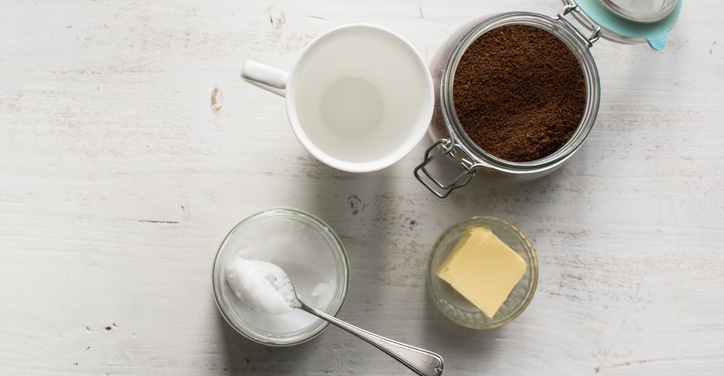Consumers largely dropped their nutrition programs post-pandemic, but those already on lifestyle diets such as gluten-free and clean eating haven't strayed.
August 13, 2020

Stuck at home with no place to go coupled with the stress of a worldwide pandemic have caused many U.S. consumers to put dieting on the back burner, except for dieters on lifestyle diets like keto, gluten-free and clean eating, reports The NPD Group. U.S. adult participation in total diet or nutrition programs dropped from 48.3% in April 2019 to 43.8% in April 2020, while participation in the keto and other specialty diets remained unchanged in April from a year ago, according to NPD’s Health Aspirations and Behavioral Tracking Service.
“Nutrition programs, like keto and gluten-free, offer a clear roadmap that provide consumers a sense of control,” says Darren Seifer, NPD’s food and beverage industry analyst. “On the other hand, indulgent comfort foods provide an escape from increased stress levels and offer a simple splurge that is popular during challenging times. Both paths are coping mechanisms to managing stress and disruption.”
Consumers did indeed report to NPD that a disruption in routine made it more difficult for them to maintain participation in diet and nutrition programs. Added to this challenge was indulgent stress eating. Stress eating contributed to a 4% increase for in-home snack occasions and an 8% increase in snack foods consumption.
Salty snacks and sweet treat consumption grew, and consumers reported less avoidance of sugar, salt, and alcohol as they ate for comfort and navigated the unknown. Sales of cookware and appliances, like metal bakeware, stand mixers and waffle irons, were hot during the lockdown as eating carbs became more acceptable.
“I believe this pause will be temporary because weight loss and overall wellness concerns remain strong, which suggests consumers will go back to nutrition plans when they feel they can incorporate them back into their lives,” says Seifer. “How long the U.S. will deal with COVID-19 and related economic concerns, however, will determine how quickly we return to healthier habits.”
Source: NPD
You May Also Like


